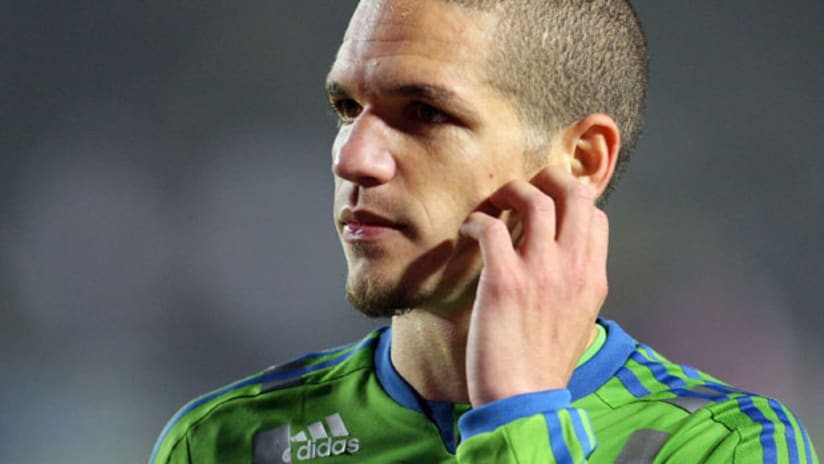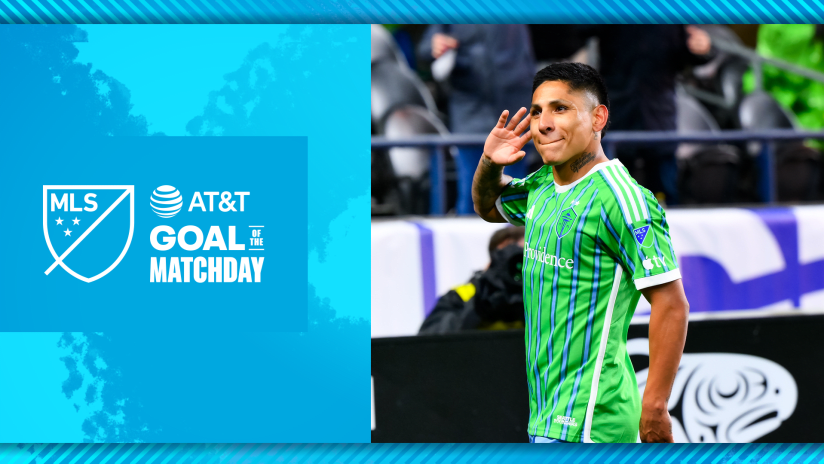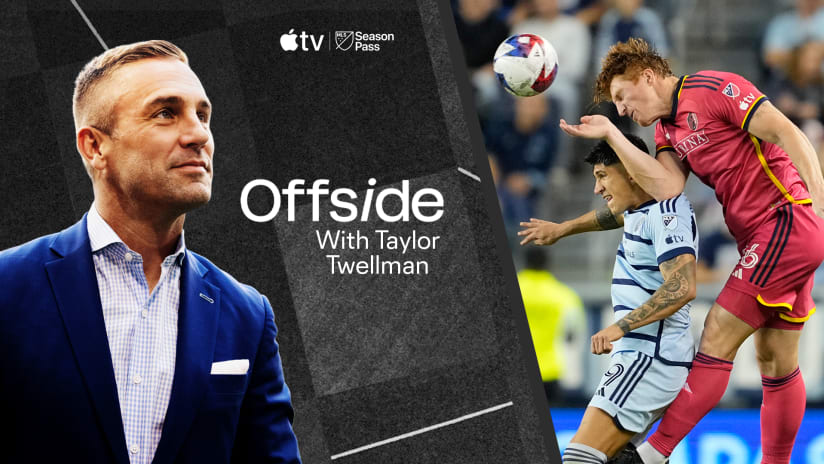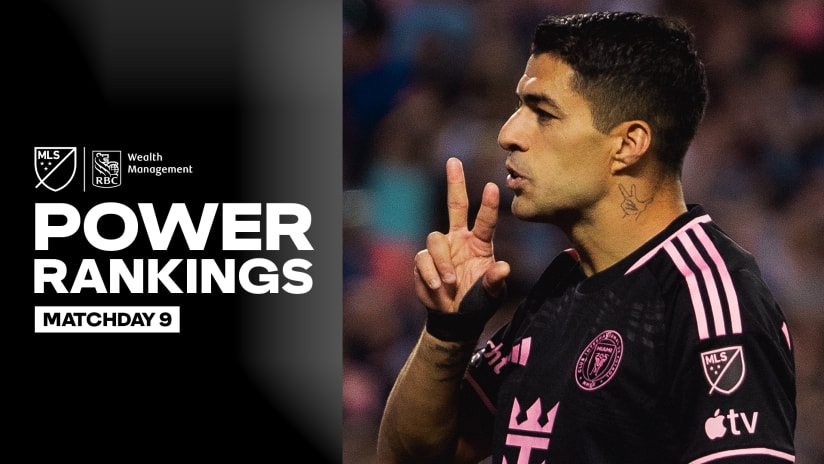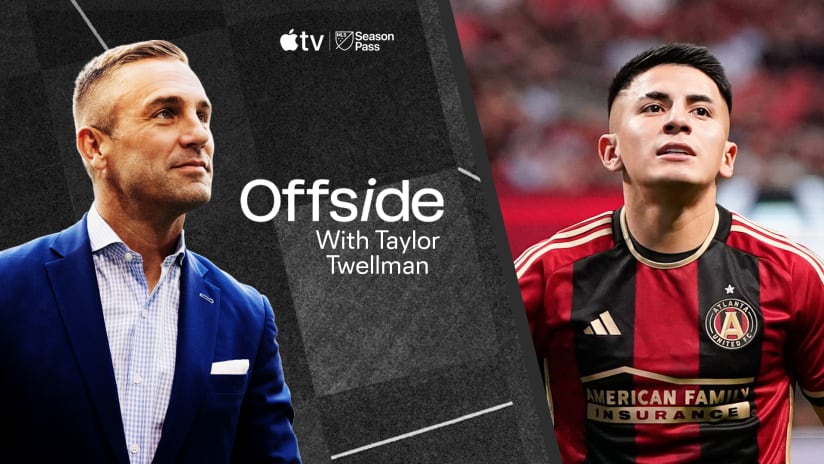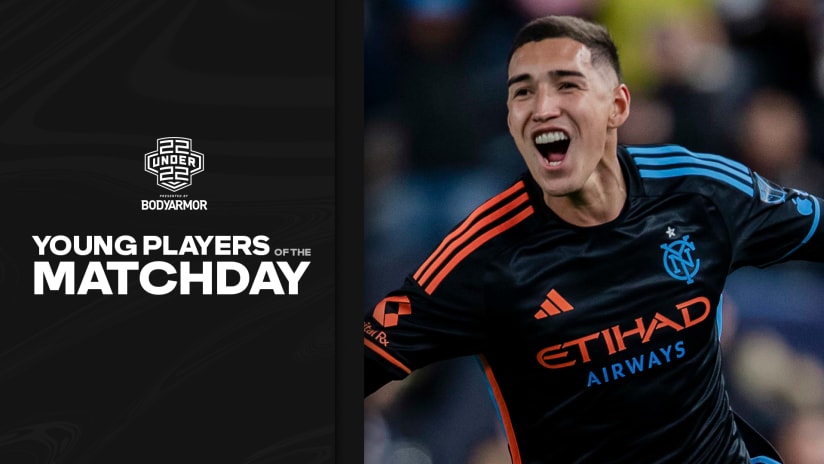Seattle Sounders standout Osvaldo Alonso received his US citizenship last week, another milestone in the Cuban native’s storybook rise from the brave, unknown defector who slipped away from his team in a Houston department store during the 2007 Gold Cup to one of the most fearsome midfielders in Major League Soccer.
Then the 26-year-old set really tongues wagging on Tuesday, when he announced his intention to pursue a change in his international status with FIFA, in order to gain eligibility for possible selection to the US men’s national team.
"I'm not allowed to play anymore with Cuba, so I think I'll have the opportunity to play with the US national team," he told the Seattle media on Tuesday. "If the opportunity comes, it's something I want to do. I'm very happy for that."
Could Alonso really navigate a path into one of the Yanks’ striped jerseys? The short answer is no, given that the “Honey Badger” made 17 appearances for the Cuban national team before defecting, even serving as team captain of Cuba’s Under-23 squad during 2008 Olympic qualifying.
But the full story of Alonso’s quest may turn out to be a lot more complex than simply being “cap-tied.”
FIFA’s 2011 statutes regarding the eligibility to play for representative teams allows for players to switch associations under several provisions, including one that could apply to Alonso.
Players who have not played for a given association in an official competition at “A” international level are eligible to make a one-time switch, as is the case with US national team regulars Edgar Castillo (Mexico) and Jermaine Jones (Germany), among others.
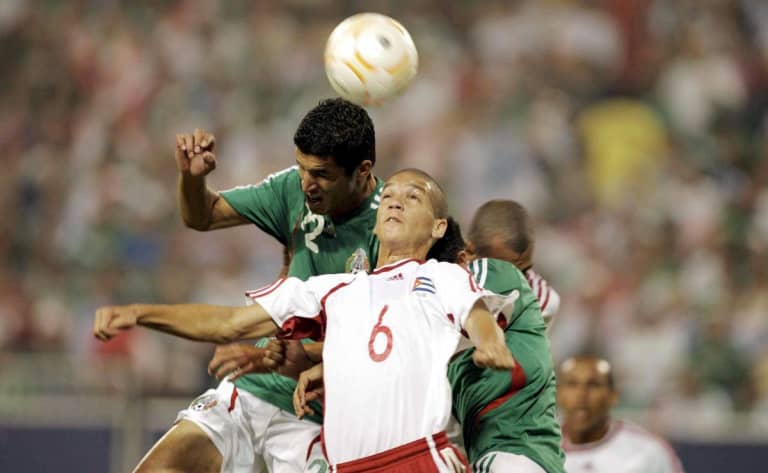
But Article 8, paragraph 2, opens a door for Alonso and other cap-tied players looking to make the switch due to extenuating circumstances:
If a Player who has been fielded by his Association in an international match in accordance with art. 5 par. 2 permanently loses the nationality of that country without his consent or against his will due to a decision by a government authority, he may request permission to play for another Association whose nationality he already has or has acquired.
This provision could apply to Alonso’s case, but there’s a little more to sort out. Alonso never actually lose the nationality of his country (he traveled with the Sounders on his Cuban passport until his recent US citizenship was granted, and he was never stripped of his Cuban citizenship), but it’s fairly clear that he will never suit up on a soccer field for Cuba again.
And that starts with the fraught relationship between the two nations he’s called home. The governments of Cuba and the US remain enduringly frigid to one another, making it very difficult for citizens to come and go between them. And Cuban leaders Fidel and Raúl Castro have infamously extended this mentality into the sports arena, with Cuban athletes are forbidden to pursue professional careers outside their homeland.
The Throw-In: Is Soccer starting a mini-revolution in Cuba?
Those who defy this policy are barred from wearing their country’s colors again, and Alonso knew that full well when he defected. Would FIFA’s Players’ Status Committee thus judge that he voluntarily cast aside his international career, or view him as the victim of a vengeful “government authority” that unfairly mixes sports and politics?
Treated as political refugees, Cuban emigrés like Alonso have long been welcomed in the US, with most afforded a fast track to permanent resident status by immigration authorities. FIFA functionaries, though, may not be quite as sympathetic.
Alonso, for his part, says he was told after he defected that he could never play for Cuba again, and he’s never requested a chance to do since he left. That may sway the committee’s decision, if it gets that far.
There are a few historical precedents here, most notably László Kubala and Ferenc Puskas, two stars of the great Hungarian sides of the 1950s who went into exile as their homeland fell under Soviet control. Both men settled in Spain and become iconic figures for FC Barcelona and Real Madrid, respectively, while also suiting up for the national team.
But they lived in an era whose rules, regulations and conventions were nowhere near as complex or restrictive as those of today. Even US legend Joe Gaetjens, who scored the goal that beat England in the 1950 World Cup, returned to his native Haiti later in life and made one appearance for that nation as well.
A FIFA spokesperson contacted by MLSsoccer.com, meanwhile, put the previous cases in perspective with this: “Please note that the cases of Puskas and Kubala are from such a long time ago that they may not be representative of what is required today, since the regulations/Statutes were not the same at that time.”
US Soccer officials declined to comment on Alonso’s situation for the record, citing FIFA’s authority over matters pertaining to the subject as well as the many questions swirling around his status. The federation did confirm that the FIFA appeals process must be initiated and pursued by the player in question. A Sounders representative told MLSsoccer.com that Alonso's agent has already submitted the appeal to FIFA, but it's unclear how long the process will take from here.
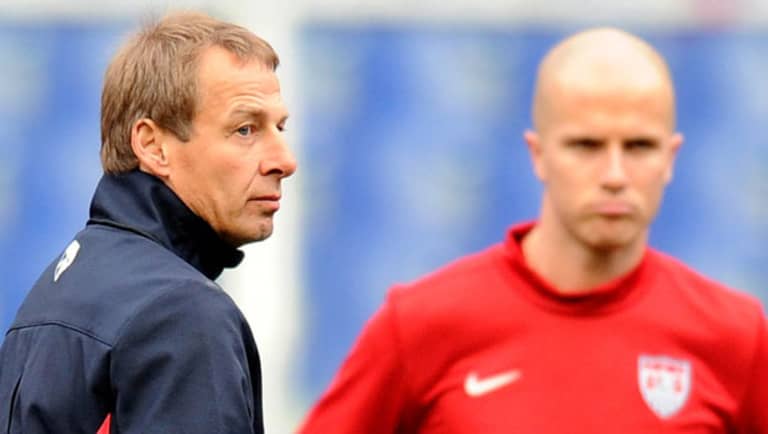
There’s also the sizeable matter of whether USMNT coach Jurgen Klinsmann would even call Alonso up, given the substantial holding midfield options already at his disposal.
Alonso tackles ferociously, covers acres of ground every match, links play superbly and can sneak into the attacking end with devastating effect. Most neutral MLS observers rate him as neck-and-neck with Real Salt Lake talisman Kyle Beckerman for the title of league’s best defensive midfielder, and much like US attacking dynamo Clint Dempsey, the Sounders star seems poised to continue burnishing important facets of his game well into adulthood.
However, Beckerman has only seen 39 minutes of USMNT game time this year, as Maurice Edu, Jermaine Jones and Michael Bradley have served as Klinsmann’s first-choice central midfield unit. Alonso’s prospects of breaking through that pecking order are far from certain.
All the same, his boosters would note his pivotal value to one of the top teams in MLS, where his energy and presence allows Seattle to shoehorn extra attacking talent into their starting 11 without compromising their defense. If he can successfully showcase his skills at the international level, Alonso could reduce the need for a packed central midfield and liberate the likes of Dempsey, Bradley and Landon Donovan to roam forward more freely.
Alonso’s journey from San Cristóbal, Cuba, to the USMNT would be surely be as inspiring as any tale in the program’s recent history. Given the steely will and prodigious work ethic he’s shown to reach his current station, it would be foolish to count him out now.
Vote Now! Choose your First XI for the 2012 AT&T MLS All-Star Game
Charles Boehm is a contributor to MLSsoccer.com.

